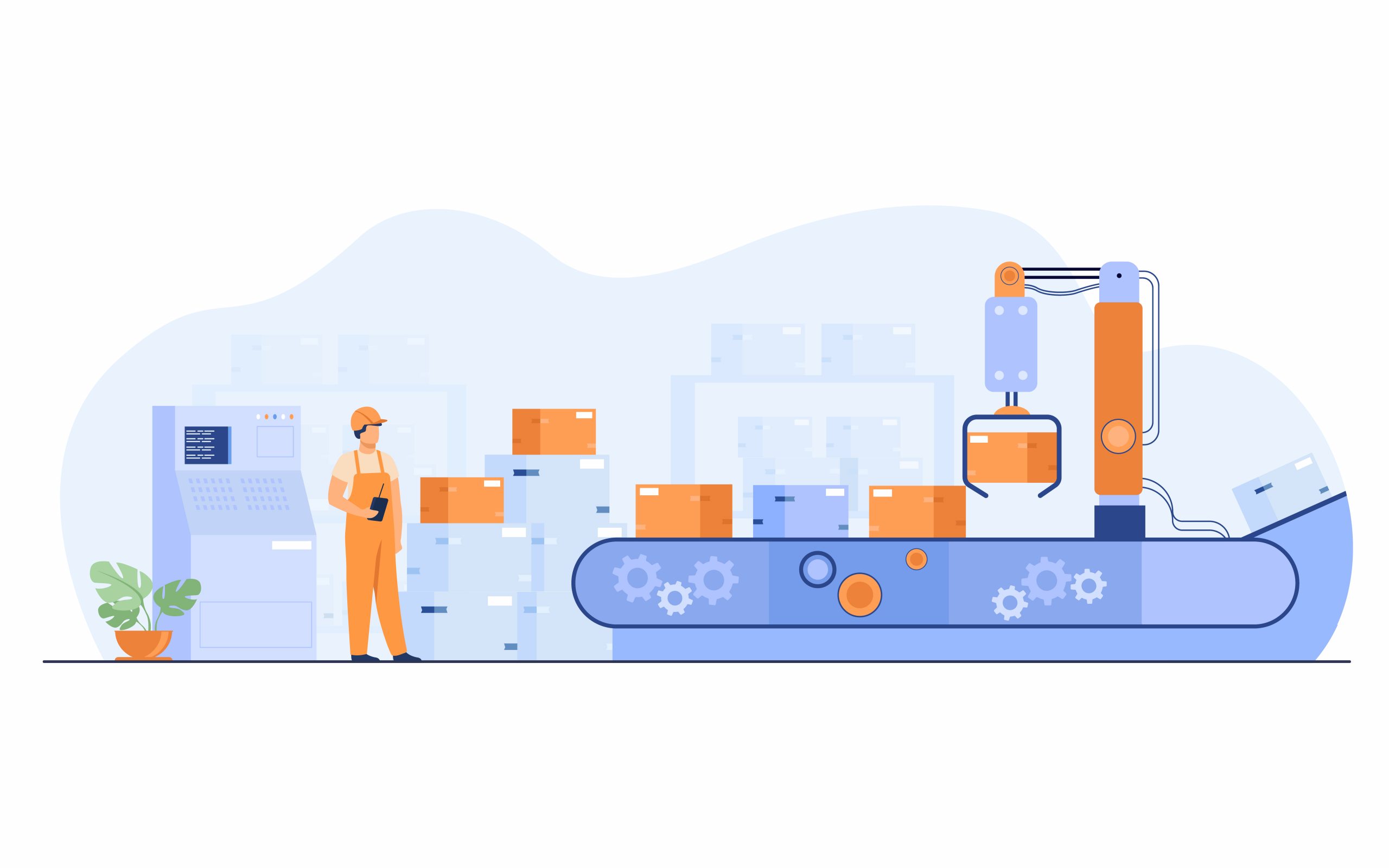To turn an organization into a success, merging of different departments and processes is a critical act. A single-point solution for consolidating and channeling different processes is an ERP software that is vital for any organization, especially for the organization involved in manufacturing. The key difference of the ERP software is the ability to streamline the process and hence influence the organization to make better business decisions and improve efficiency and productivity. The four manufacturing problems that an ERP can efficiently solve are:

Compliance Issues – Organizations engaged in the manufacturing of products need to streamline their manufacturing process in line with the rules and regulations, which usually vary from region to region. Every country has a different set of rules and regulations that manufacturers have to follow. Thus, companies that have branches in multiple regions and who are engaged in manufacturing more than one product may face operational issues due to the complex compliance rules. Thus, to ease the complexity, manufacturers can ensure that all the compliance documents are stored and operated automatically from one place. This action is best performed in an efficient manner by an ERP system.
Quality Issues – Manufacturers very well know that there is no scope of error in the production of goods, and they cannot compromise a bit on the product’s quality. The growth and success of any manufacturing business are greatly dependent on the quality of the products. To main the quality of the products, the manufacturing business will need to essentially cover things like lot recall, inventory monitoring, expiry date, stability testing, along many more things. Thus, with an ERP system manufacturers can efficiently track these factors, thereby ensuring that the quality of the product is of a high standard.
Scheduling and Planning – Manual handling of data at the production unit may lead to human error resulting in inaccurate scheduling and affecting the entire productivity of the organization. The involvement of human beings during data collection or reconciling may also result in errors. Besides, making use of the resources in such non-productive activities bring additional expenses to an organization. Thus, by using an ERP system, manufacturers eliminate the chance of human error and save their cost as well as the resources. An ERP system will provide data access to manufacturers such as current inventory levels, sales forecasts, expected procurement, ATPs that will help them in planning and scheduling for future operations and will provide the best possible results.
Profitability – Any business is termed as successful only when they make a profit. The cost of operation continuously grows and hence it is vital for the manufacturers to bring down the operating cost to maximize their profits. Besides, manufacturers also have to deal with the rising cost of raw materials and resources. Thus, an ERP system helps manufacturers to effectively monitor the manufacturing process and have control over their losses. An ERP system also helps them identify the incorrect turns in the process, thereby eliminating the raw-material as well as resources misuse chances.
Therefore, an advanced and robust ERP system for manufacturers will ensure a seamless production process, track product and job costs, record all manufacturing activities. Besides the software also offer interactive dashboards of productivity snapshots along with in-depth details of product financials to ensure real-time manufacturing decisions, fine quality, and enhanced output at optimized costs.




